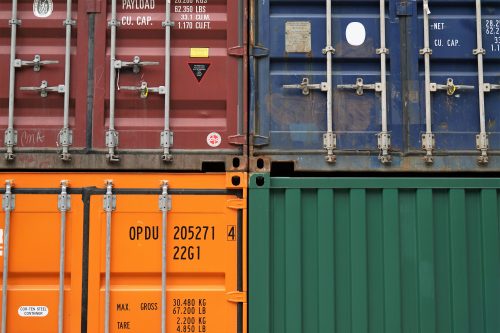International trade has a substantial profit prospect, thanks to the broad scope of operations. You can see a high ROI when the product suits the distribution channel from the source country to the destination.

However, imports and exports are bound by the governing bodies in individual countries. It is essential to keep abreast of the current law’s dispensation before venturing into international trading investment. You can opt for the services of the importer of record company or you can do everything on your own. The article below highlights specific import/export regulations to consider before you begin global goods trade.
Restrictions & Taxes
Goods import and export have a far-reaching impact on each participating country’s economy, and indeed globally as well. An importer can expect governing bodies to balance the domestic market against the international to ensure GDP security while catering for import needs.
It means that there would be restrictions on imports and exports (mainly imports) to curb excesses and protect internal economic activities. These restrictions would come in the form of tariffs, licenses, and quotas.
Tariffs are a fixed charge on each unit of the goods you intend to import. It can also be the fixed percentage which the government demands based on the value of the product. Tariffs are generally variable and change based on the nature of the goods.
It would help if you considered how much tariff the destination country charges on your exported goods choice. Also, find out if there are any Ad Valorem (proportionate) tariffs to pay.
Valuation Process
The convention in import/export trade is to calculate how the country of import derives taxes and duties. For example, governments might employ the Cost Insurance and Freight (CIF) valuation process, and an importer would combine the customs duties with the Value Added Tax.
The Value Added Tax constitutes the central part of import duties, alongside custom duties. Different countries value both parameters based on goods, quantity, insurance, and other parameters. Online websites give you quick access to make the necessary calculations on your products, such as the CAP (Composite Assessable Price) and DPV (Duty Paying Value).
You can make initial calculations of your own concerning the import duties. It would give an idea of what to expect from the law of the importing country. Also, it helps if you factor in product price, shipping costs, and landing costs before committing to export to an area.
Final Thoughts
Importing or exporting goods is subject to various regulations. They ensure a level playing field among the participants. Restrictions also prevent an international operation that affects the GDP negatively. The above-listed concepts should generally guide you on making import/export investments without running afoul of the law.
However, it still leaves room for the necessary additional research you have to do on your choice of importing country. Individual countries have specific regulations regarding trade and taxation, which tend to change as the economy changes. Thus, it is imperative to acquire recent information concerning import/export policies and statutes within the country.
Interesting Related Article: “All you Need to Know About Importing Goods into Australia“

